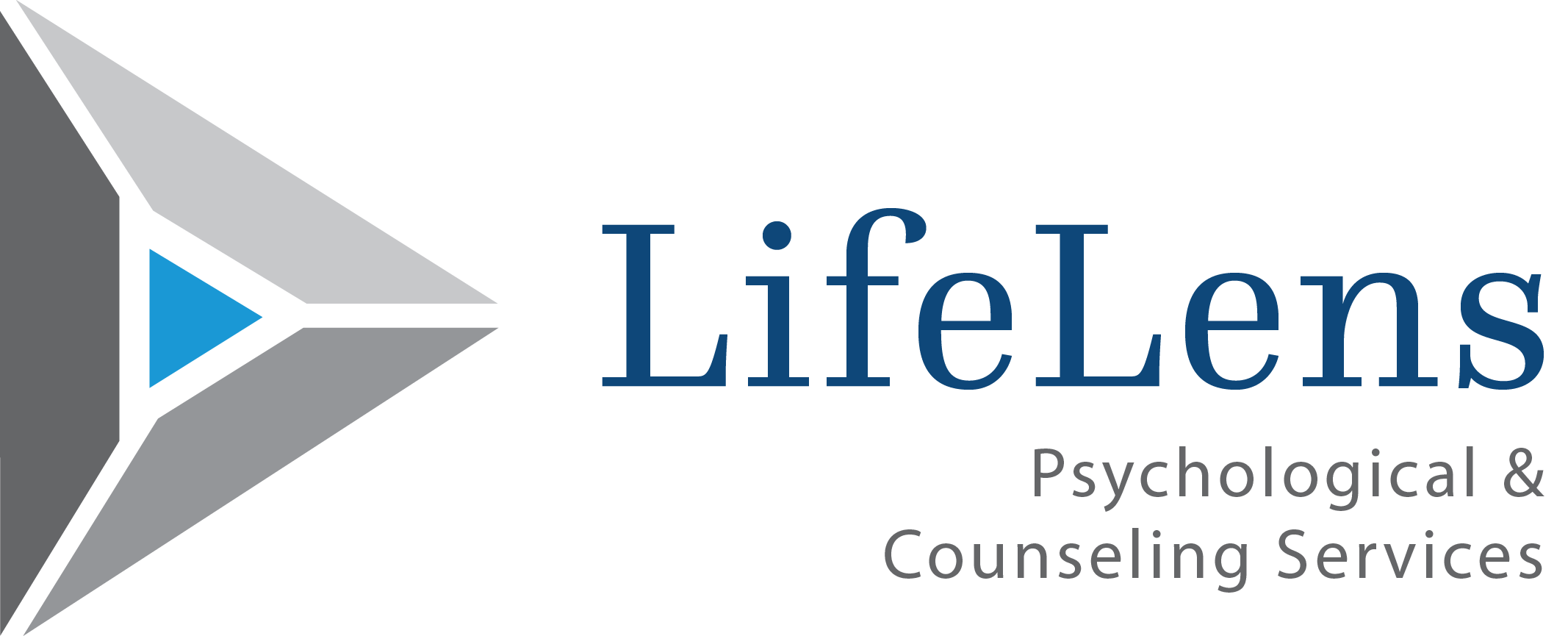If you suffer from persistent, debilitating sadness, you most likely have been or will be diagnosed with some kind of depressive disorder. As a society, we often use the word “depression” as a blanket, cover-all description, but in reality there are different types of depressive disorders. While some of the symptoms may be similar, how severely that symptom is felt and how long that feeling lasts differentiates between disorders. Understanding the specific disorder is a necessary first step toward successful treatment.
Major Depressive Disorder (also called Major Depression)
Major depression is the leading cause of disability in the United States for those between the ages of 15 and 44 and is more prevalent in women than in men, according to the NIMH. You may suffer from one episode of depression or repeated episodes, but most likely all are accompanied by mental anguish and sometimes physical symptoms that negatively impact your daily life. Thanks to the extensive training and experience of its psychologists and counselors, LifeLens can help you identify and manage your depression.
Symptoms of Major Depressive Disorder
While you may assume depression is the culprit whenever plagued by a frequent sad mood, we always consider additional symptoms. A diagnosis of major depression comes when the patient experiences a number of symptoms daily over a minimum two-week period and must include a depressed mood and diminished interest or pleasure in almost all activities for most of those 14 days. Other symptoms may include:
- Significant weight gain/loss or decreased/increased appetite
- Insomnia or hypersomnia (excessive sleepiness)
- Fatigue or loss of energy
- Feelings of worthlessness or excessive guilt
- Diminished ability to concentrate or indecisiveness
- Recurrent thoughts of death or suicide
Treatment of Major Depressive Disorder
In our experience, successful treatment of depression springs from a strong partnership with our patient. Because each person responds differently to treatment, we develop a customized plan for each person we treat and subsequently adjust our approach until we achieve the best result. Types of treatment may include psychotherapy, medication, and brain stimulation therapies. At LifeLens, we specialize in psychotherapy approaches but will coordinate with other professionals with additional approaches, such as a medication regiments. Psychotherapy is comprised of several methods, including cognitive behavior training, problem-solving therapy and interpersonal therapy. With the help of a counselor or therapist, these approaches help people transform negative thinking, improve communication, and develop problem-solving skills. Anti-depressants are used to help manage depression by medication. The most commonly used brain stimulation therapy is electroconvulsive therapy, which has been successful for many, including those who do not respond to other treatments.
Persistent Depressive Disorder
Like all mood disorders, a person suffering from a Persistent Depressive Disorder (PDD) experiences a depressed mood for most of the day over a period of time, as well as a number of other symptoms. But the defining factor that distinguishes between PDD (also known as Dysthymic Disorder) and other depressive disorders, like major depression, is the longevity of those symptoms and feelings. The National Institute of Mental Health defines PDD as “a depressed mood that lasts for at least two years.” Simply put, while the symptoms of PDD may be less severe, they are long lasting, which is why people seek treatment for PDD at LifeLens Psychological and Counseling Services.
Symptoms of Persistent Depressive Disorder
If you have suffered from some of these symptoms for two or more years, you may benefit from treatment for PDD.
- Depressed mood for most of the day
- Changes in appetite
- Insomnia or Excessive Sleeping
- Fatigue / Low Energy
- Low Self Esteem
- Poor Concentration and/or Indecisiveness
- Feelings of Hopelessness
Treatment for PDD
Not unlike major depression, many patients find a combination of medication and psychotherapy to be the most effective course of treatment for Persistent Depressive Disorder. Our psychologists and counselors work with you to find the most fitting method of psychotherapy and prescribe medications until we find the most useful options, since it can sometimes take a period of trial and error to find the right combination. We find that, even after recovery, most patients benefit from continuing treatment in an effort to avoid recurrence, which can happen if untreated.
Working with you to identify an effective approach to therapy is what we do best at LifeLens
